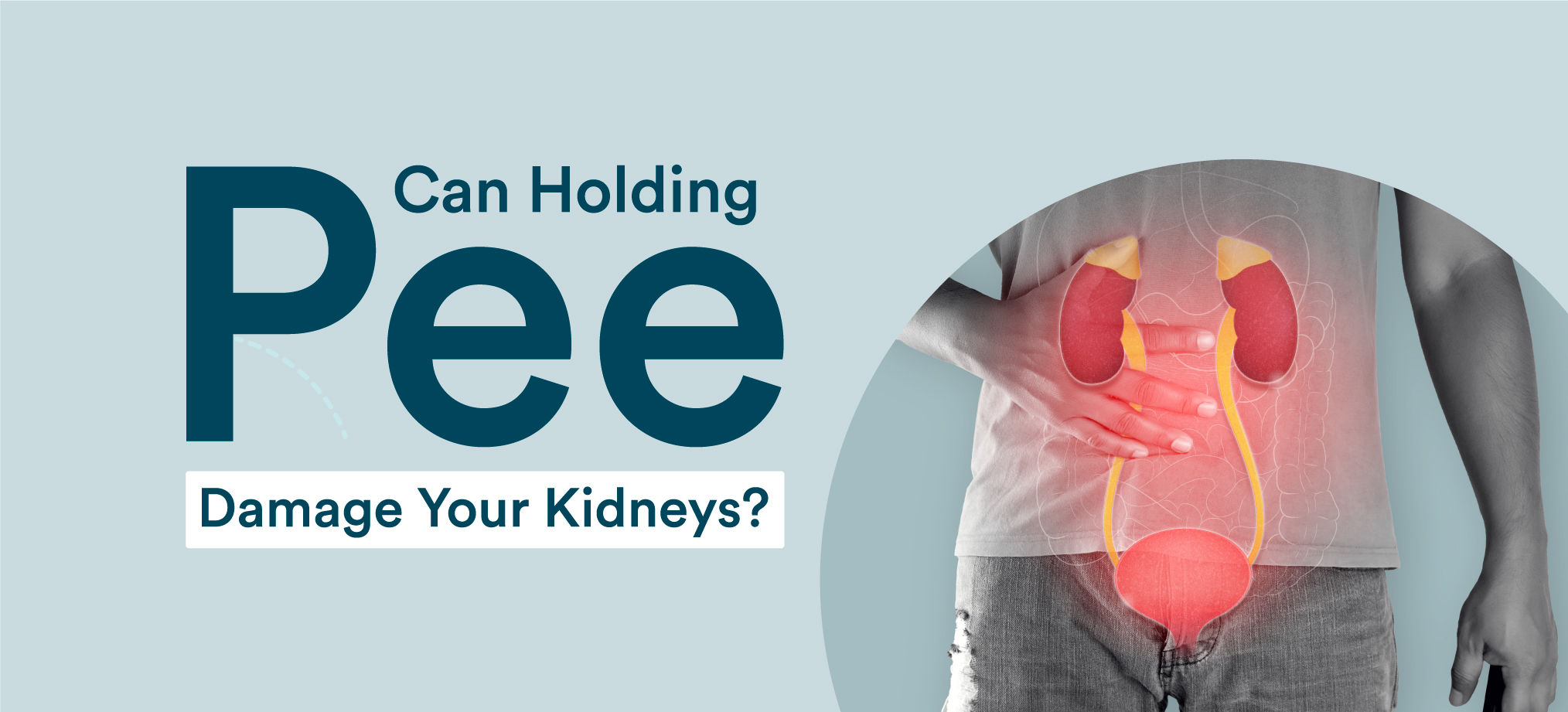General Health
Sweating Way Too Much? It Could Be A Sign Of This Disease!
3 min read
By Apollo 24|7, Published on - 31 May 2023, Updated on - 16 June 2023
Share this article
0
8 likes

When it comes to our health, it's essential to pay attention to potential warning signs that our bodies may be giving us. One such sign is profuse sweating. While sweating is normal, excessive sweating can sometimes indicate an underlying health condition, including heart disease. In this article, we'll explore whether profuse sweating is genuinely a sign of heart disease, what causes it, and what you should do if you experience it. By being aware of your body's signals and taking appropriate action, you can stay on top of your heart health and potentially prevent serious complications.
Understanding Profuse Sweating
Sweating is a natural way for our bodies to regulate temperature and cool down. It's particularly common during physical exertion, hot weather, or moments of anxiety or stress. However, when sweating occurs excessively, even without any apparent triggers, it may be a cause for concern. If you find yourself experiencing persistent and unexplained excessive sweating, then you must consult healthcare professionals.
The Link Between Profuse Sweating and Heart Disease
Some individuals with heart disease have reported profuse sweating. It is believed to be associated with the body's attempt to compensate for the cardiovascular system's impaired function. The exact mechanism behind this relationship is not fully understood, but researchers have identified a few factors that could contribute to excessive sweating in heart disease patients:
1. Autonomic Nervous System Dysfunction
The autonomic nervous system regulates various bodily functions, including sweating. In individuals with heart disease, this system may become imbalanced, leading to excessive sweating.
2. Fluid Retention and Congestion
Heart diseases can cause fluid retention in the body, leading to congestion in the blood vessels and organs. This fluid buildup can strain the heart and result in profuse sweating as the body tries to eliminate the excess fluid.
3. Medications
Certain medications prescribed for heart conditions, such as beta-blockers, may have side effects, including excessive sweating.
Should You Be Concerned?
While profuse sweating can be a symptom of heart disease, it's important to remember that other factors such as menopause, anxiety, infections and other medical conditions can also cause it. Therefore, it's crucial not to jump to conclusions but to consider other accompanying symptoms and consult a healthcare professional for a proper diagnosis.
When to Seek Medical Attention?
Seek immediate medical attention, if you experience profuse sweating along with other symptoms such as:
- Chest pain
- Shortness of breath
- Dizziness
- Nausea
These symptoms may indicate a heart attack and may require prompt medical intervention. Ignoring such symptoms may delay necessary treatment and potentially worsen the condition.
Managing Excessive Sweating
If you're diagnosed with heart disease and experiencing profuse sweating, then there are steps you can take to handle it:
1. Follow Your Treatment Plan: Adhering to your prescribed treatment plan for heart disease, including medications, lifestyle modifications, and regular check-ups, can help manage excessive sweating.
2. Stay Cool: Keep your environment cool and wear lightweight, breathable clothing to help regulate your body temperature and minimise sweating.
3. Stress Management: Engage in stress-reducing activities such as deep breathing exercises, meditation, or hobbies to reduce sweating triggered by anxiety or stress.
4. Hydration: Drinking adequate water throughout the day can help maintain the body's fluid balance and reduce the likelihood of excessive sweating.
Why Does Sudden Sweating Matter?
Sudden sweating can be a a sign of a heart attack in some people who may not exhibit typical signs such as chest pain, shortness of breath, nausea, or fatigue. It can be challenging to explain why one suddenly breaks out into sweat without an apparent cause, which can be worrisome.
However, it is crucial to remember that a healthcare professional is best suited to assess your condition. If you have concerns about your health or are experiencing symptoms, it is advisable to consult a qualified cardiologist. For more information,
Consult Apollo’s Expert Cardiologist
Medically reviewed by Dr Sonia Bhatt
General Health
Leave Comment
Recommended for you

General Health
Here's Why You Must Have Coconut Water Everyday
The tropical and refreshing coconut water is more than just a thirst quencher. It's packed with vital nutrients and health benefits that can improve your overall well-being. In this blog, we have compiled a list of benefits to show you why coconut water should be a part of your daily diet.

General Health
Why You Should Never Hold Your Pee?
Even if we desire to keep working or have just woken up from a nap, it's easy to fall into a state of extreme lethargy. But there are a few good reasons why we shouldn't hold it in.

General Health
Loud Snoring: Is It Normal Or A Sign Of Sleep Apnoea?
Sleep apnoea is a potentially fatal condition that can cause sudden breathing obstruction during sleep. This article addresses the signs and treatment options of this serious condition.
Subscribe
Sign up for our free Health Library Daily Newsletter
Get doctor-approved health tips, news, and more.
Visual Stories

The Best Exercises for Controlling Blood Sugar Levels
Tap to continue exploring
Recommended for you

General Health
Here's Why You Must Have Coconut Water Everyday
The tropical and refreshing coconut water is more than just a thirst quencher. It's packed with vital nutrients and health benefits that can improve your overall well-being. In this blog, we have compiled a list of benefits to show you why coconut water should be a part of your daily diet.

General Health
Why You Should Never Hold Your Pee?
Even if we desire to keep working or have just woken up from a nap, it's easy to fall into a state of extreme lethargy. But there are a few good reasons why we shouldn't hold it in.

General Health
Loud Snoring: Is It Normal Or A Sign Of Sleep Apnoea?
Sleep apnoea is a potentially fatal condition that can cause sudden breathing obstruction during sleep. This article addresses the signs and treatment options of this serious condition.
